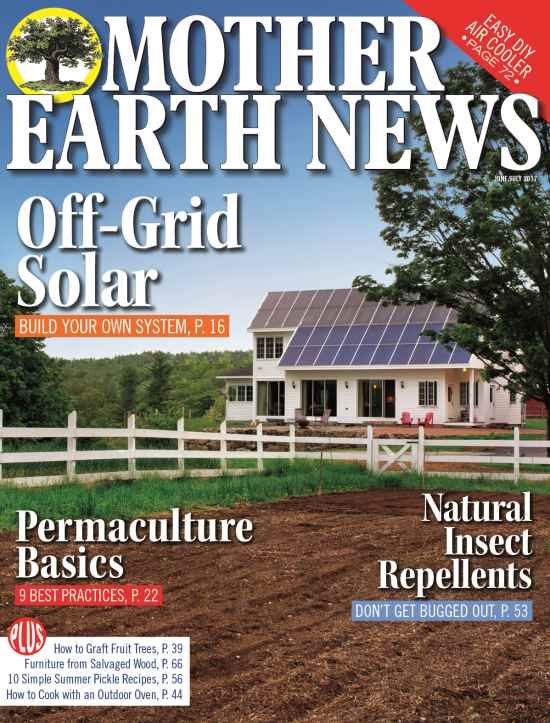Getting the Best Financing Options for Farm Equipment
Written By: Megan Wild, Grit Blogger
At first glance, farming seems like the ideal solution for homesteaders and those who are interested in living off the land. It’s been done successfully for hundreds of years and in many different climates and, ultimately, it’s a great way to promote the self-sustainable lifestyle.
However, once you start to factor in the costs of farming equipment, maintenance and your own free time, it’s certainly not an endeavor to be taken likely.
Check Your Credit Score
Checking your credit score and history is the very first step you should take when setting out to obtain financing for anything, including farm equipment. Not only will this provide you with your exact credit score, which is used to determine your eligibility for certain financing options, but it can even help tip you off to any erroneous or fraudulent charges.
There are three major agencies that cover credit reporting, including Experian, TransUnion and Equifax. For best results, make sure to inquire about your history and score with all three.
Shop Around
Next, take some time to simply shop around. Establish a budget beforehand and take some time to explore all of your available options. Remember, the Internet can be extremely handy when trying to locate financing opportunities.
Also, make sure to do your research before shopping around. Knowing exactly what you want, and approximately how much you should be paying for it, is critical when it comes to finding the best deal.
Residential vs. Business Loans
While many full-time and established farmers tend to seek out business loans to bolster their operation, those with smaller farms, specifically those under 10 or 20 acres in size, might actually benefit more from a residential loan. Such loans are typically available in timelines of 30 years and with a relatively low-interest rate when compared to other types of loans.
However, it’s important to understand that there are various types of farming loans. Whereas the traditional term loan is to be repaid within a specific timeframe, operating loans function a little bit differently. Under this type of loan, a farmer isn’t required to pay back the loan until he or she has earned some form of revenue through their farm.
Depending on the current state of your farm, as well as your specific needs, you may want to pursue one type of loan or another.
Explore Federal Options
If you are new to the world of homesteading or the business of farming, you might not be aware that there are many federal and state-sponsored financing options available when it comes to the purchase of farm equipment. Various grants are offered by institutions such as the National Institute of Food and Agriculture, the Equity Trust Fund and more.

Conduct Your Business With a Reputable Dealer
Whatever you do, make sure you are conducting business with a reputable dealer or seller. For example, those who qualify for a commercial account with Cat can bolster the financial flexibility and stability of their farm. In some cases, the increased amount of freedom can help improve your cash flow in ways you never even thought possible.
Freedom and flexibility aren’t the only advantages of shopping with a reputable dealer. Access to the latest machinery, long-term warranties and spare or hard-to-find parts all provide even more motivation to visit your local dealer when pursuing finance opportunities for the necessary farm equipment.
Hire a Financial Consultant
Those who are trying to secure financing for the purchase of large-scale farm equipment might even want to consider the services of a local financial consultant. Finding one that specializes in this particular niche should be relatively easy in popular farming regions, though it might be difficult in areas that are far removed.
Nonetheless, a financial consultant who is knowledgeable on the subject can introduce you to new loan options or programs, help you to determine your eligibility for specific opportunities and even ensure compliance with any applicable rules.
The Costs of Self-Sustainability Can Add Up
As you can see, the costs of maintaining a farm can add up. However, with a little bit of careful planning, the right equipment and a lot of hard work, you can establish and operate a profitable farm as a homesteader.
.jpg?la=en&hash=E15011125743C2BF8775F520FD61DAA66E83E134)










